TEMPO.CO, Bangalore, India - The National Law School of India University (NLSIU) welcomed a delegation of Southeast Asian journalists, during their familiarization visit to India, on Tuesday last week, September 30, 2025, for an interactive session that showcased the institution’s pioneering role in legal education, its expanding academic programs, and its growing international collaborations.
Speaking to the visiting journalists, Deepti Soni, Director of Communications and External Relations of NLSIU, reflected on the university’s journey since its establishment in 1986.
She told journalists that NLSIU was the first National Law University established in India. The law school was set up with a mission to pioneer legal education reforms, and to anchor the transformation of the Indian legal system through research and policy interventions.
“The National Law School was established with the ambition of being a trendsetter in legal education, at that time, India did not have dedicated law universities focused on harnessing young talent. We wanted to create a hub for excellence in both teaching and learning,” Deepti said.
Dr Nigam Nuggehalli, the Registrar of NLSIU Bangalore, explained that the NLSIU began with just a handful of buildings and a small cohort of students. Over nearly four decades, it has grown into one of India’s leading law schools — renowned for its academic rigor, research, and impact on national and international legal systems.
“We started from humble origins,” he said. “Today, we are one of the best environments for legal education and research in the country.”
The university now hosts more than 1,700 students and 130 faculty members, with plans to expand the student body to 2,000 within the next few years. Its programs span undergraduate, postgraduate, and doctoral levels, and include the flagship five-year integrated B.A., LL.B. (Hons.), the three-year LL.B. (Hons.), LL.M., Master of Public Policy, and PhD degrees.
Dr. Saurabh Bhattacharjee, Dean of Academics at NLSIU, elaborated on NLSIU’s academic innovations and expansion into multidisciplinary education.
“We pioneered the five-year integrated law program in India, allowing students to study law directly after high school,” he said. “Today, we also offer programs in economics, politics, history, and sociology, recognizing that law cannot be studied in isolation.”
The university recently launched a three-year B.A. (Hons.) program, allowing students to major in disciplines such as economics, political science, and sociology while engaging in legal and policy studies.
“Our goal is to transform NLSIU into a fully multidisciplinary university,” Saurabh explained. “We want our students to think critically and approach the law in connection with society, economics, and governance.”
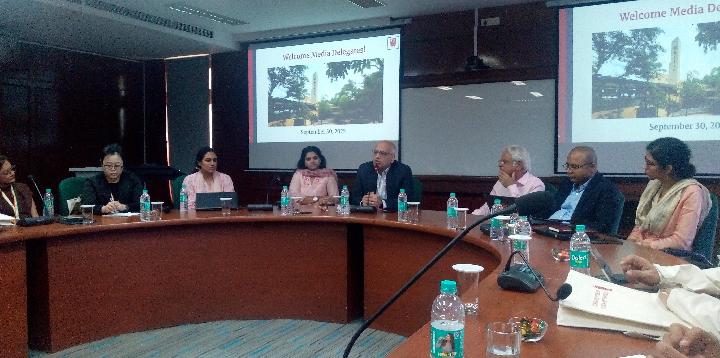 (Fourth from the left) Deepti Soni, Director of Communications and External Relations of the National Law School of India University (NLSIU) in Bangalore; Dr Nigam Nuggehalli, the Registrar of NLSIU Bangalore (center); and Dr. Saurabh Bhattacharje, Dean of Academics (Second from the right), they are explaining about the academics program of the university during the Familiarization Visit of Southeast Asian Journalists to India, on Tuesday, September 30, 2025. TEMPO/Petir Garda Bhwana
(Fourth from the left) Deepti Soni, Director of Communications and External Relations of the National Law School of India University (NLSIU) in Bangalore; Dr Nigam Nuggehalli, the Registrar of NLSIU Bangalore (center); and Dr. Saurabh Bhattacharje, Dean of Academics (Second from the right), they are explaining about the academics program of the university during the Familiarization Visit of Southeast Asian Journalists to India, on Tuesday, September 30, 2025. TEMPO/Petir Garda Bhwana
Experiential Learning Through Internships
NLSIU also emphasizes experiential learning through mandatory internships, clinical legal education, and research-based training. “All our students go through six internships during their five-year program,” said Saurabh. “Many work in courts, law firms, NGOs, and even juvenile homes or human rights clinics. They handle real-life cases, giving them a grounded understanding of justice.”
The university hosts several research centres covering fields such as gender justice, environment, commerce, and technology law. It has also emerged as a regional hub for academic collaboration through the Asian Law School Network, based at the National University of Singapore (NUS).
“We’ve always had partnerships with universities in Europe and the United States,” Nigam said, “but we are now deepening our engagement with Asian jurisdictions. India’s historical and legal ties with Southeast Asia make this exchange especially meaningful.”
Commitment to Inclusivity
NLSIU’s commitment to inclusivity is also reflected in its diverse student body, which represents all Indian states and several foreign countries. “We are a truly national university — not just in name but in our composition,” said Saurabh.
“We also have a strong cohort of international students, with a separate admission process and growing collaborations with institutions in Singapore, Malaysia, Nepal, Bhutan, and Sri Lanka,” he added.
The university’s consistent top ranking in India’s National Institutional Ranking Framework (NIRF) — holding the number one position for eight consecutive years — underscores its academic excellence.
“We take great pride in being recognized as India’s leading law university, but our focus remains on nurturing thinkers and reformers who can strengthen the rule of law and uphold constitutional values,” said Nigam.
Looking ahead, NLSIU plans to expand its research on legal system reform, artificial intelligence, climate change, and labor law — areas increasingly relevant to both India and the wider world.
“We are evolving with the times, from our beginnings in the late 1980s to now, we have grown into a global legal institution with strong roots in Indian society and a vision for the future,” Nigam concluded.
Editor's Choice: India's IIMB Aims to Compete Globally, Opening New Pathways for International Students
Click here to get the latest news updates from Tempo on Google News





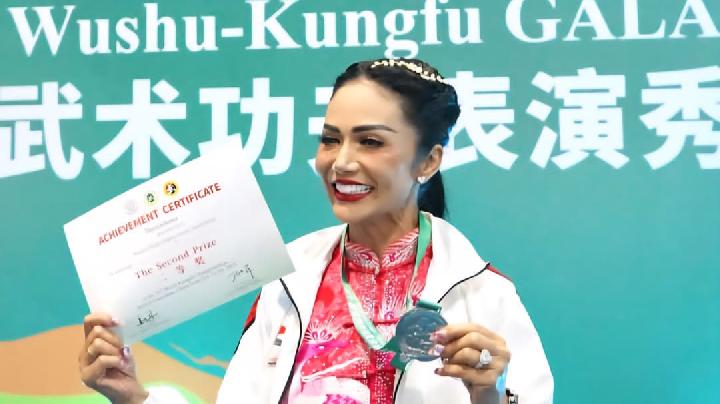
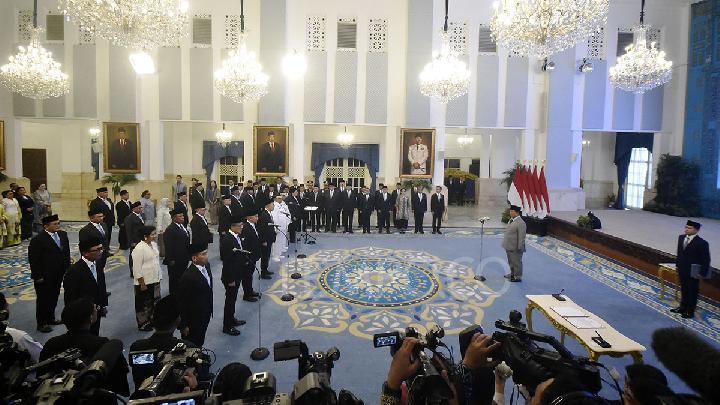
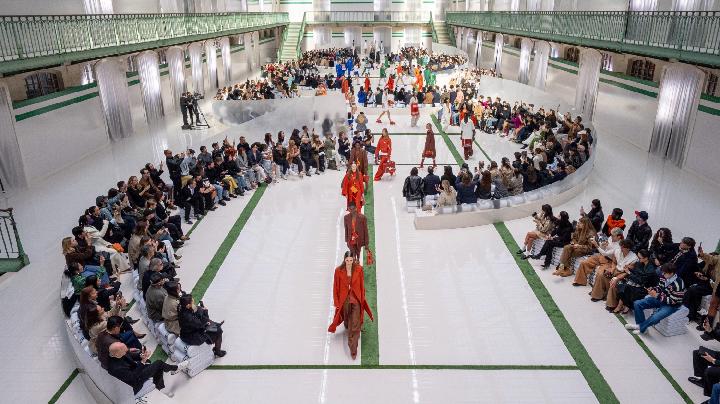

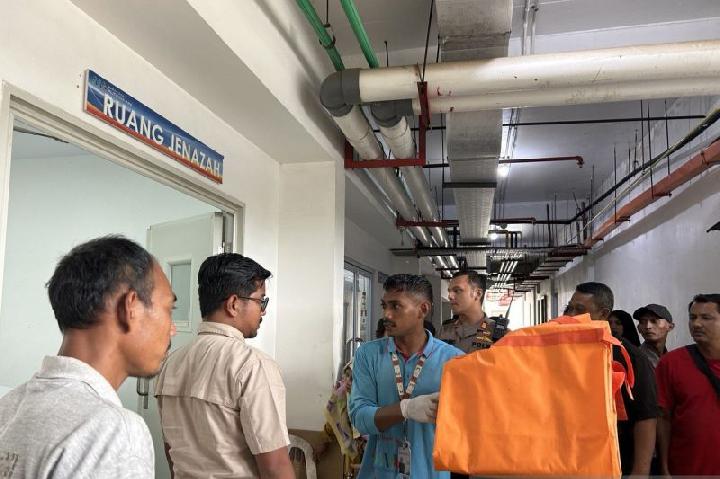






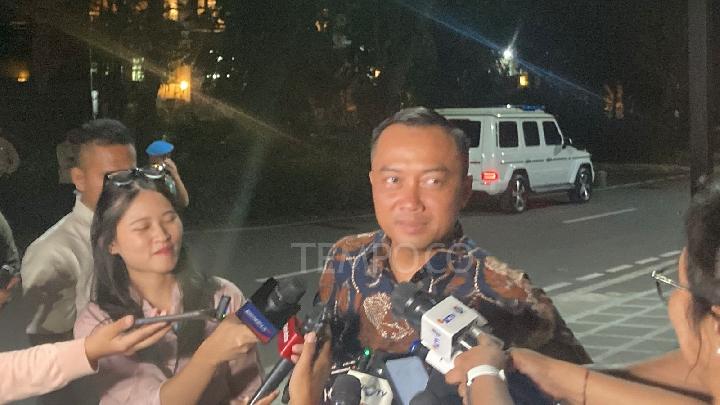



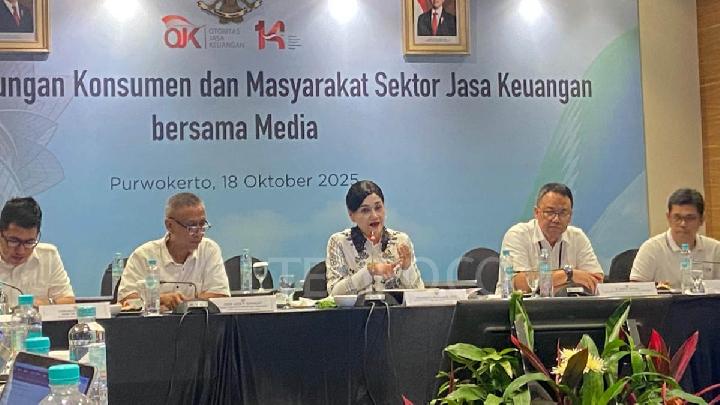













:strip_icc():format(jpeg)/kly-media-production/medias/5109984/original/014787400_1737901129-medium-shot-girl-helping-brother_23-2148748684.jpg)



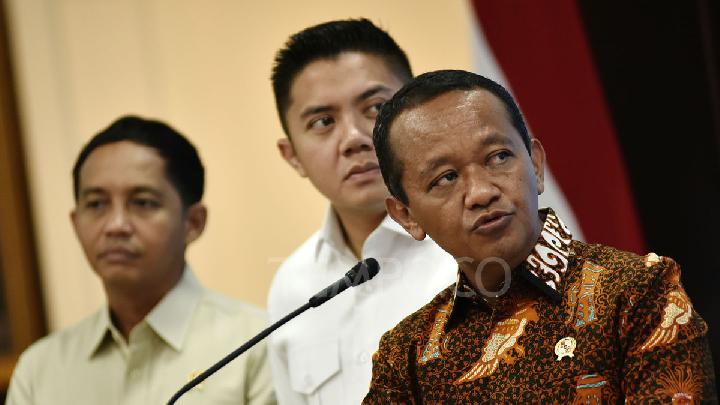






:strip_icc():format(jpeg)/kly-media-production/medias/5238090/original/074714200_1748671861-family-spending-time-together-mother-with-four-kids-standing-holding-hands-against-white-suv-car.jpg)
:strip_icc():format(jpeg)/kly-media-production/medias/5265873/original/051498900_1750934466-WhatsApp_Image_2025-06-20_at_19.09.02_1_.jpeg)
:strip_icc():format(jpeg)/kly-media-production/medias/5237589/original/092987300_1748596794-Ibu_hamil.jpg)
:strip_icc():format(jpeg)/kly-media-production/medias/5261980/original/057446900_1750732334-front-view-sad-girl-with-hair-comb.jpg)

